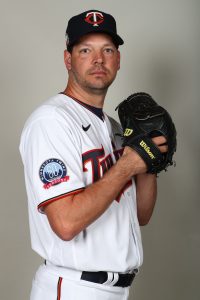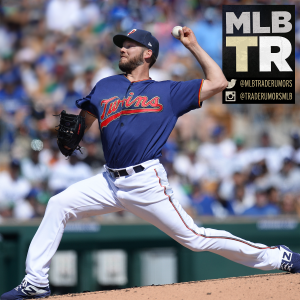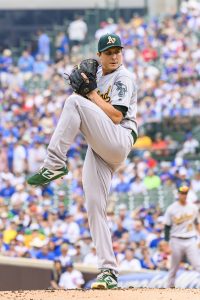After getting meager results from their rotation in 2020, the Red Sox continue to explore a wide range of options on the free agent market. Alex Speier of the Boston Globe reports that the Sox have interest in Jake Odorizzi and former Boston hurler Rich Hill, while Sean McAdam of the Boston Sports Journal writes that Japanese right-hander Tomoyuki Sugano (who was posted earlier this week) is also on the list of targets.
Between this trio and Boston’s previously-known interest in Corey Kluber, it’s clear the Red Sox are considering pretty much any and all options, ranging from injury reclamation projects like Kluber, familiar faces like Hill, x-factors like Sugano, or Odorizzi, who is arguably the best starter remaining on the market aside from Trevor Bauer and possibly Masahiro Tanaka.
MLBTR’s list of the offseason’s top 50 free agents ranked Tanaka 10th and Odorizzi 11th, with Odorizzi’s track record serving as a bigger argument for a multi-year contract than his injury-marred 2020 season. The righty was limited to only 13 2/3 innings last year, though none of Odorizzi’s injuries were particularly serious or cause for any long-term doubts about his ability to contribute in 2021 and beyond.
There has been enough interest in Odorizzi that he would likely be the most expensive option possible for the Red Sox, though it’s possible Sugano could cost more in pure dollars spending on the size of the posting fee his new team will have to pay the Yomiuri Giants. The 31-year-old Sugano is moving to MLB after eight outstanding seasons with the Tokyo-based Giants that saw Sugano post a 2.32 ERA, 4.59 K/BB rate, and 8.0 K/9 over 1362 innings. The Padres and Blue Jays are two of the clubs who have been linked to Sugano, though it’s probably safe to assume several more teams will be in touch before his posting period ends on January 7.
Speier reports that there is mutual interest between Hill and the Sox, which isn’t surprising given that Hill was born in Boston and still lives in the area. It would be Hill’s third stint with his hometown club, after pitching three seasons (but only 31 2/3 innings thanks to Tommy John surgery and other injuries) with the Red Sox from 2010-12, and then a return trip in 2015. It was during the 2015 season that Hill famously enjoyed a career reawakening, posting a 1.55 ERA over four starts with Boston that served as a springboard for five largely successful (if still injury-shortened) seasons with the Athletics, Dodgers, and Twins.
Hill would be the least expensive of the trio, as he would likely only require a one-year deal as he enters his age-41 season. For a Red Sox rotation that has a lot of durability questions, however, signing someone with “few guarantees about the frequency with which he could contribute” (as Speier puts it) might not be the best course of action. Sugano naturally carries some risk given that it isn’t known how well he’ll adjust to Major League batters, and Odorizzi can’t be seen as a sure thing given his lack of results in 2020.



